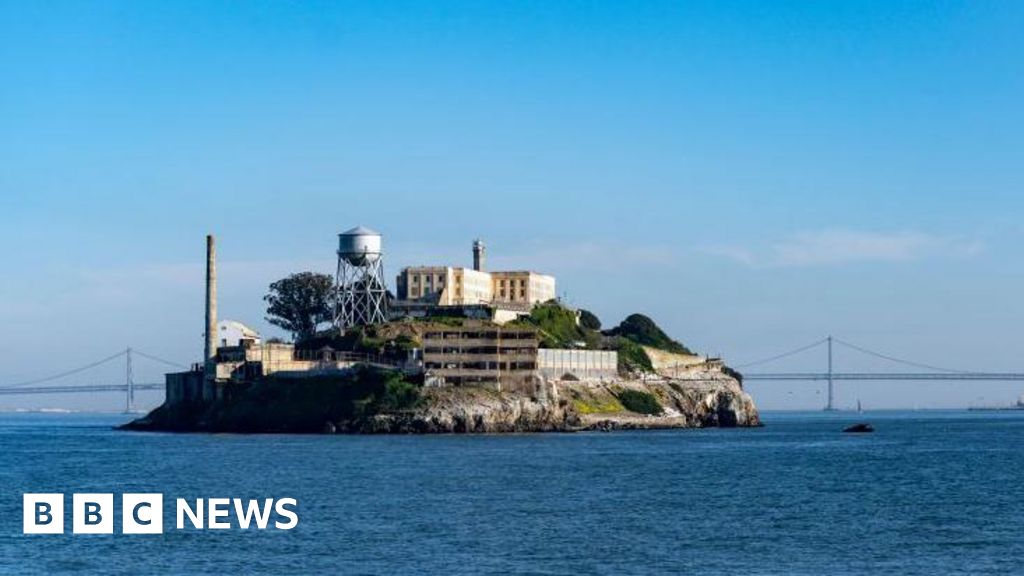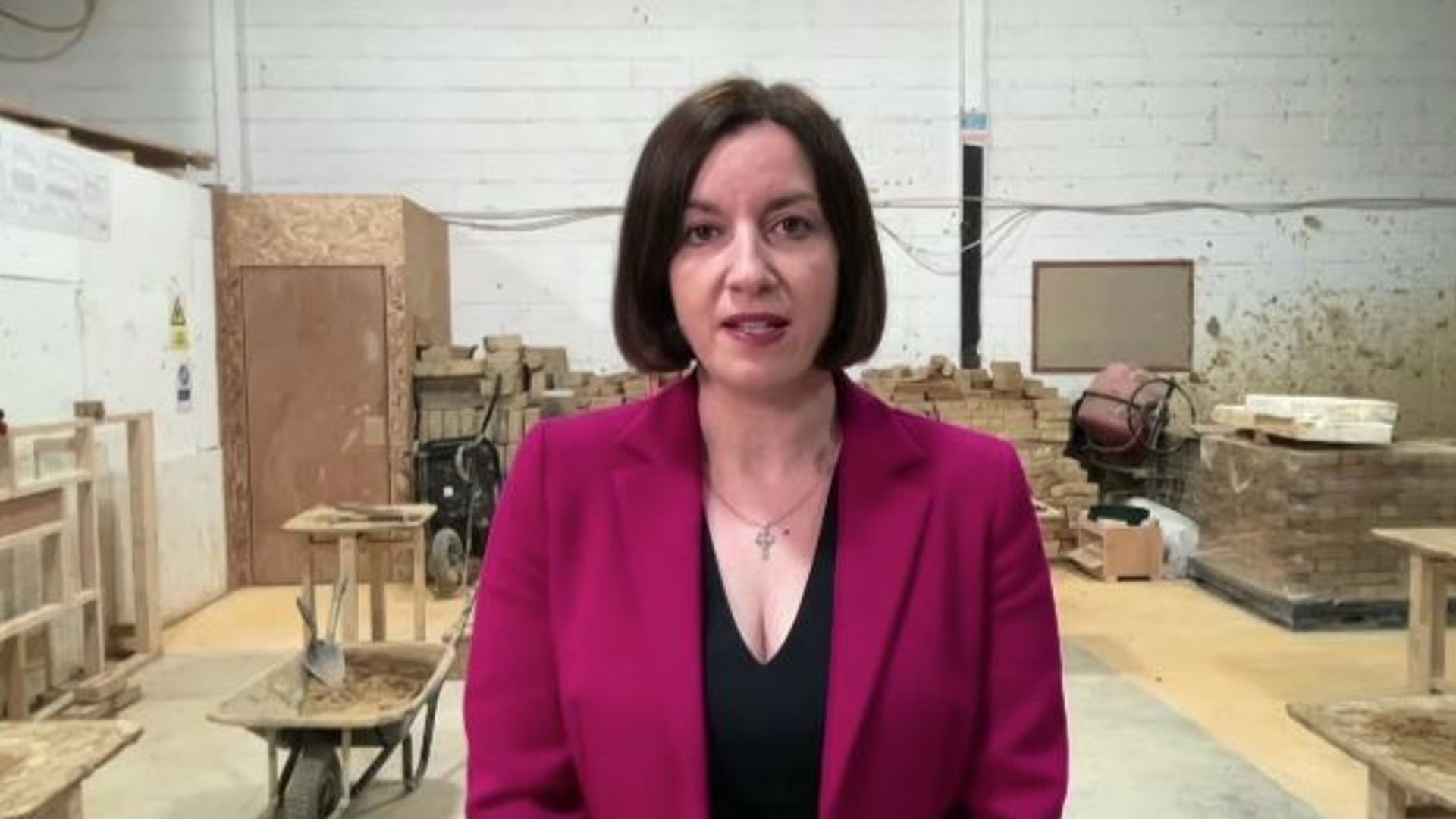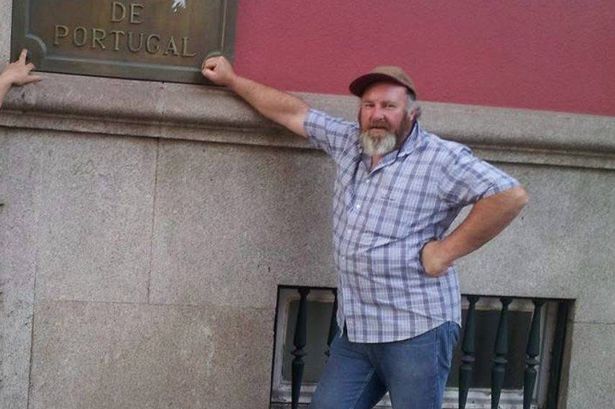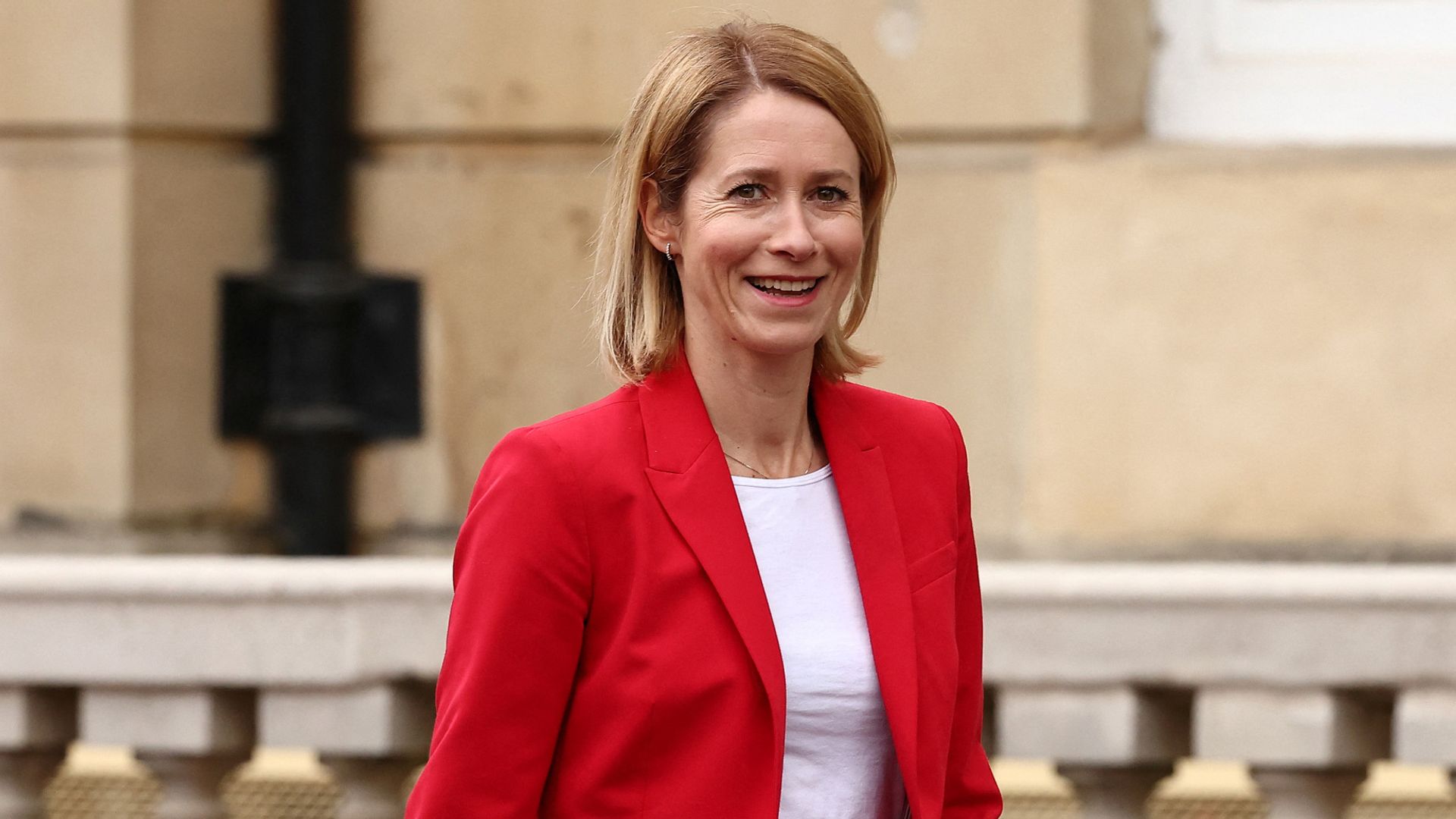Trump orders reopening of notorious Alcatraz prison

President Donald J. Trump has ordered the reopening of the infamous island prison, Alcatraz, off the coast of San Francisco. The announcement was made during a press conference on Thursday, where the President stated that the facility will be used to house “ruthless and violent” offenders.
Alcatraz, known as “The Rock,” was once the home of some of the most dangerous criminals in the United States, including gangster Al Capone and murderer Robert Stroud, the Birdman of Alcatraz. The prison was closed in 1963 due to high operational costs. Since then, it has been a popular tourist attraction managed by the National Park Service.
President Trump, in his remarks, emphasized the necessity of such a decision. “We have some very bad people, very ruthless and violent offenders, who are making our streets unsafe,” he said. “We need to be tough on them, and Alcatraz will serve that purpose.”
While the announcement was met with surprise, it also sparked immediate debate. Critics argue that the move is inhumane and a step backward in the ongoing efforts for criminal justice reform. They contend that the focus should be on rehabilitation and reintegration of offenders into society, rather than punitive measures.
The American Civil Liberties Union (ACLU) was among the first to voice opposition. In a statement, the ACLU said, “Reopening Alcatraz is a step backward for a nation that has been moving toward more humane and just criminal justice policies. This move ignores the fact that long-term solitary confinement is torture and that prisons should serve as a place for rehabilitation, not retribution.”
On the other hand, supporters of the move argue that it sends a clear message to criminals and serves as a deterrent. They believe that the harsh conditions of Alcatraz could dissuade potential offenders.
Former New York City Mayor Rudy Giuliani, a longtime Trump ally, lauded the decision. “President Trump is taking action to protect Americans,” Giuliani said. “Alcatraz will serve as a stark reminder of the consequences of crime.”
The logistics of reopening Alcatraz, however, remain unclear. The prison was closed over five decades ago due to its high cost of operation, including the expense of transporting supplies and prisoners to and from the island. Moreover, the facility has deteriorated over time and will require significant renovations to make it suitable for inmates again.
The Department of Justice, which oversees the Federal Bureau of Prisons, has not yet released any details on the reopening. The process could take several years and would likely face legal challenges. It’s also unclear how the move would affect the National Park Service, which currently manages the site as a tourist destination.
Despite the controversy, President Trump is standing firm on his decision. “We’re not going soft on crime,” he said. “We’re getting tougher on crime, and Alcatraz is a part of that plan.”
As the debate continues, one thing is clear: President Trump’s order to reopen Alcatraz has reignited a national discussion on criminal justice policies, and whether punishment or rehabilitation should be the primary goal.
The reopening of Alcatraz, once implemented, will undoubtedly change the landscape of America’s penal system. However, the question remains: Will it change it for the better or worse? The answer lies in the balance between achieving justice and upholding human rights, a balance that the nation continues to grapple with.








